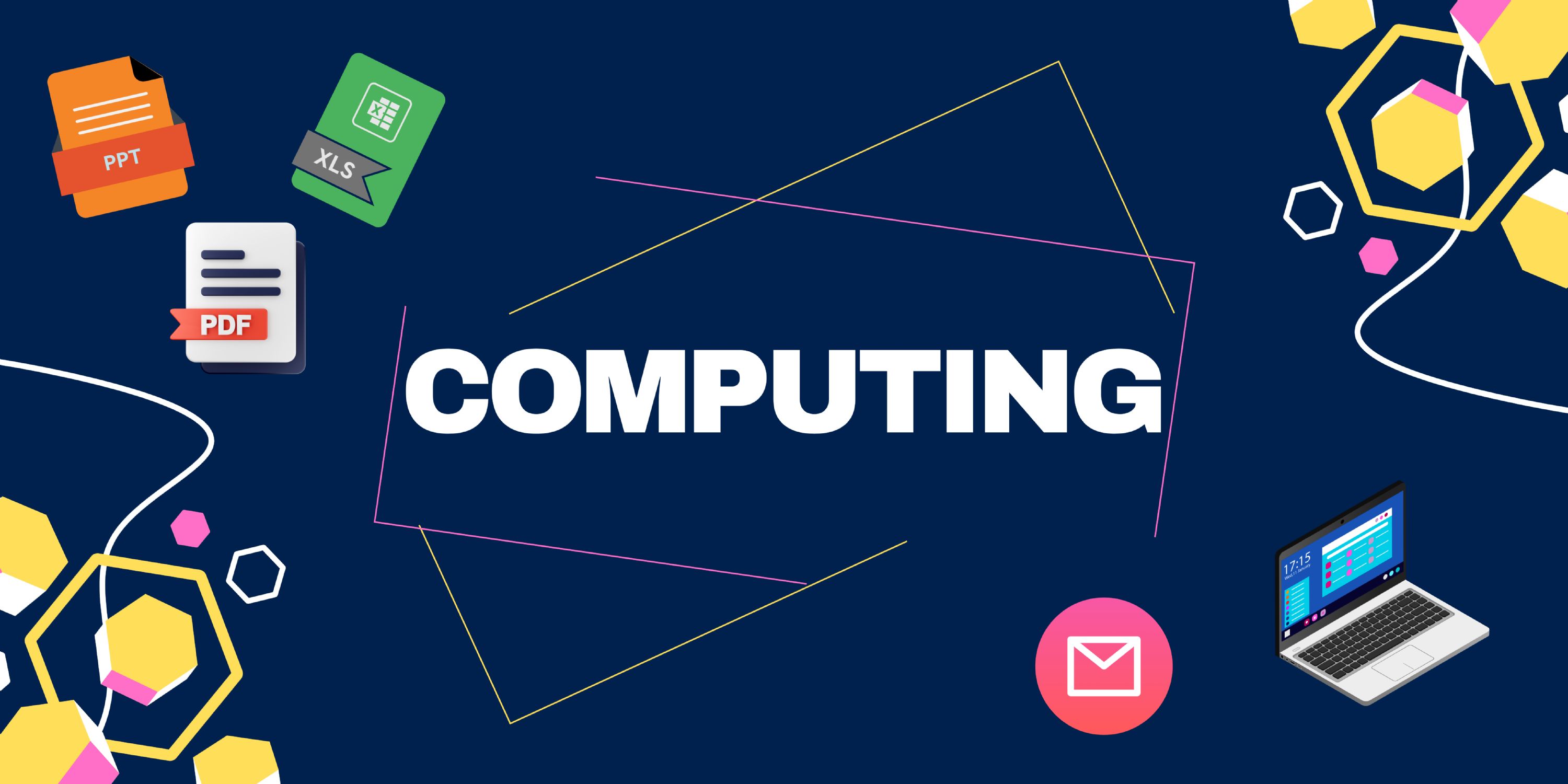Computing and Online Safety

The Computing Curriculum
At Gascoigne Primary we believe that computing is an essential part of the national curriculum. Computing is an integral part of modern-day life and therefore provides a wealth of learning opportunities, explicitly within computing and also across other curriculum subjects. Through the study of computing, children are able to develop a wide range of fundamental skills, knowledge and understanding that they will need for the rest of their lives. Computers have become a part of everyday life. For most of us, technology is essential to our daily lives, at home and at work. ‘Computational Thinking’ is a skill children must be taught in order to provide them with essential knowledge and skills that will enable them to participate effectively in the digital world.
The new national curriculum defines three clear aspects of computing curriculum: Computer Science (CS), Information Technology (IT) and Digital Literacy (DL). Children will be given the opportunity to develop their knowledge and understanding in each area from the Foundation Stage to Year 6.
The computing curriculum at Gascoigne Primary School is designed to incorporate the four main curriculum intent principles which are:
Ourselves
- To encourage children to make links to how they use technology outside of the classroom and to think about the benefits of using technology in their lives.
- To help children be responsible users of the internet and apps.
- To develop children’s skills in the three aspects of computing.
Our world
- To provide children with essential knowledge and skills that will enable them to participate effectively in the digital world.
- To improve children’s understanding of e-safety issues so they can learn to use the internet and all digital media in a safe and secure way.
- To identify that a range of technology is used in places such as homes and schools. They select and use technology for particular purposes.
Our Education
- To provide children with a wealth of learning opportunities, explicitly within computing and also across other curriculum subjects.
- To help children develop a passion and lifelong engagement for computing.
- To foster an open environment in which children and young people are encouraged to ask any questions and participate in an ongoing conversation about the benefits and dangers of the online world.
Our rights
The UN convention on the Rights of a child states, in Article 17:
Every child has the right to reliable information from a variety of sources,
and governments should encourage the media to provide information that children can understand. Governments must help protect children from materials that could harm them.
& in Article 13:
Children have the right to get and to share information, as long as the information
is not damaging to them or to others.
Online Safety Newsletter - April
Previous Online Safety Newsletters
2025
- Online Safety Newsletter - March
- Online Safety Newsletter - February
- Online Safety Newsletter - January
2024
- Online Safety Newsletter - December
- Online Safety Newsletter - November
- Online Safety Newsletter - October
- Online Safety Newsletter - September
- Online Safety Newsletter - July
- Online Safety Newsletter - June
- Online Safety Newsletter - May
- Online Safety Newsletter - April
- Online Safety Newsletter - March
- Online Safety Newsletter - February
- Online Safety Newsletter - January
2023
Other Useful 'Online Safety' Documents
Online Safety Videos
Setting up Parental Controls on an iOS device with Family Sharing
Setting up Parental Controls on your child's iOS device without Family Sharing
Setting up Parental Controls using Google Family Link on an Android Device
Setting up Snapchat Family Centre
Setting up Snapchat Privacy Settings (On your child's account)
Roblox Parental Controls and Privacy Settings
Nintendo Switch Parental Controls App
Youtube Kids App
Below is the Computing Policy that is available to be downloaded:
